KUSA 9News won the 2019 Brooks Jackson Prize for Fact-Checking Political Messages, one of the Walter Cronkite Awards announced by USC's Norman Lear Center and APPC.
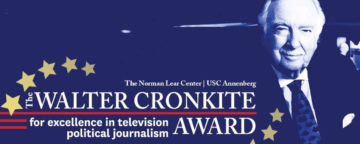

KUSA 9News won the 2019 Brooks Jackson Prize for Fact-Checking Political Messages, one of the Walter Cronkite Awards announced by USC's Norman Lear Center and APPC.
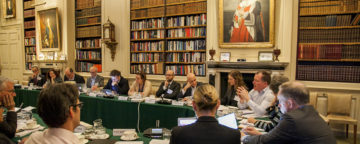
The Transatlantic High Level Working Group on Content Moderation Online and Freedom of Expression held its inaugural meeting at Ditchley Park, the historic U.K. estate.
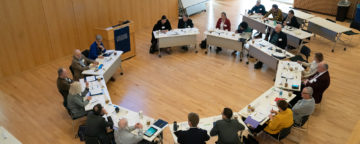
Concerned over the state of political discourse, scholars who teach public speaking and composition met at APPC to consider how to restore respect for rhetorical norms.
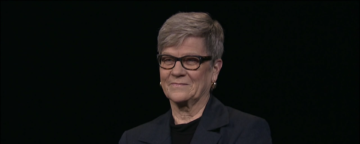
Annenberg Public Policy Center director Kathleen Hall Jamieson appeared on PBS show 'The Open Mind' to discuss hacking, internet trolls and the 2016 election.
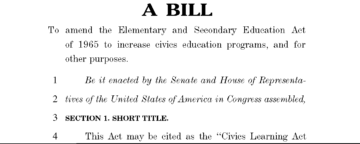
The Annenberg Public Policy Center's annual civics survey is cited in the 2019 Civics Learning Act, proposed bipartisan legislation to increase K-12 civics education programming.
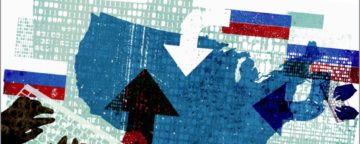
Kathleen Hall Jamieson's book "Cyberwar" published by Oxford University Press, won a 2019 PROSE Award from the Association of American Publishers.

For the fourth consecutive year, Donald Trump is the undisputed champ in FactCheck.org's annual list of "whoppers." Here are 10 of them, plus some of the year's worst viral deceptions.
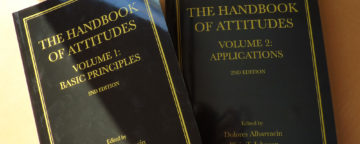
The updated "The Handbook of Attitudes" covers theory and research on how we evaluate people, places, things and ideas. Many chapters were presented at an APPC conference.
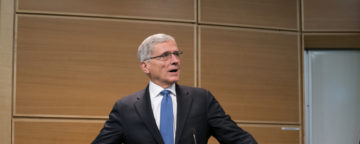
In “Who Makes the Rules in the New Gilded Age?” the 2018 Annenberg Lecture, former FCC Chairman Tom Wheeler connected wealthy industrial barons of the 19th century with tech moguls of today.
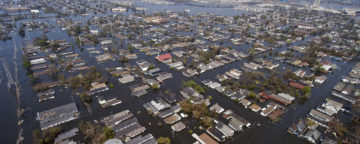
Experiencing extreme weather is not enough to convince climate change skeptics that humans are damaging the environment, according to a new study based on APPC research.